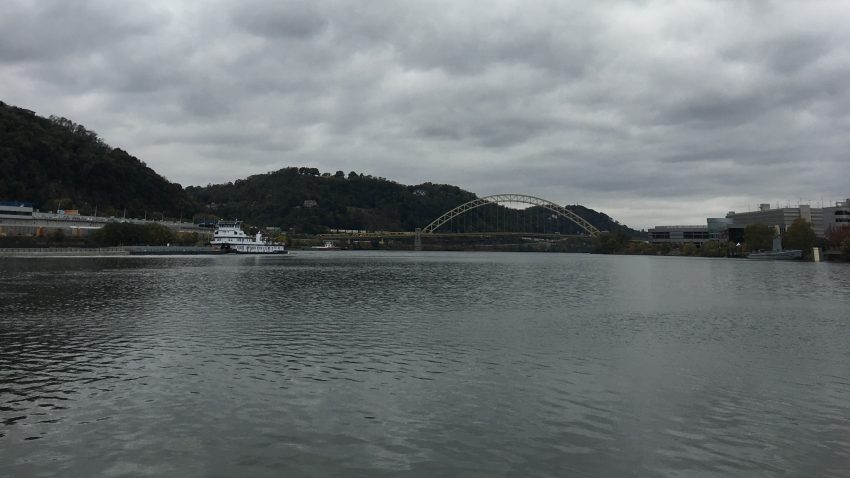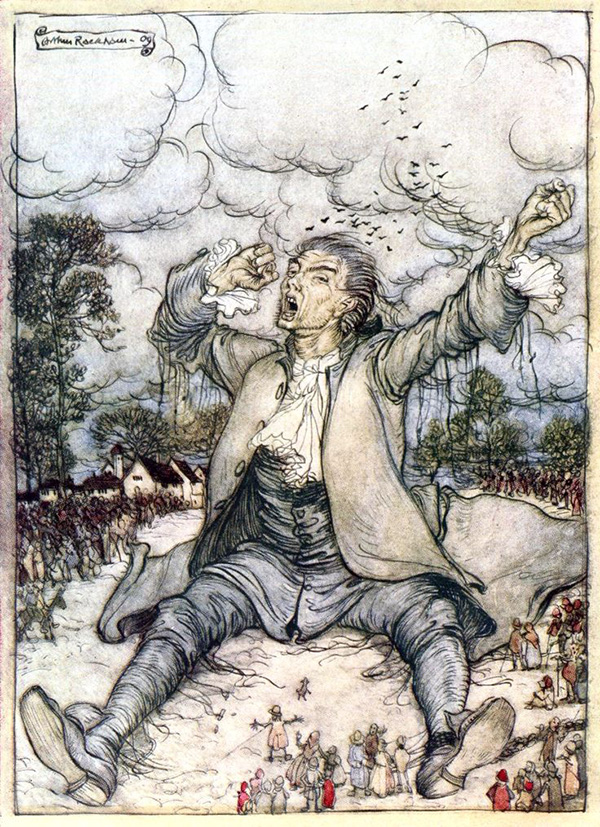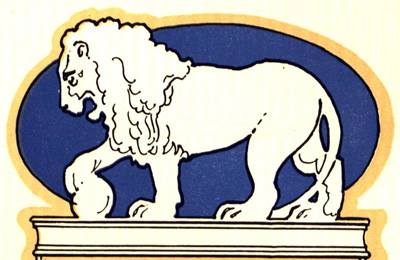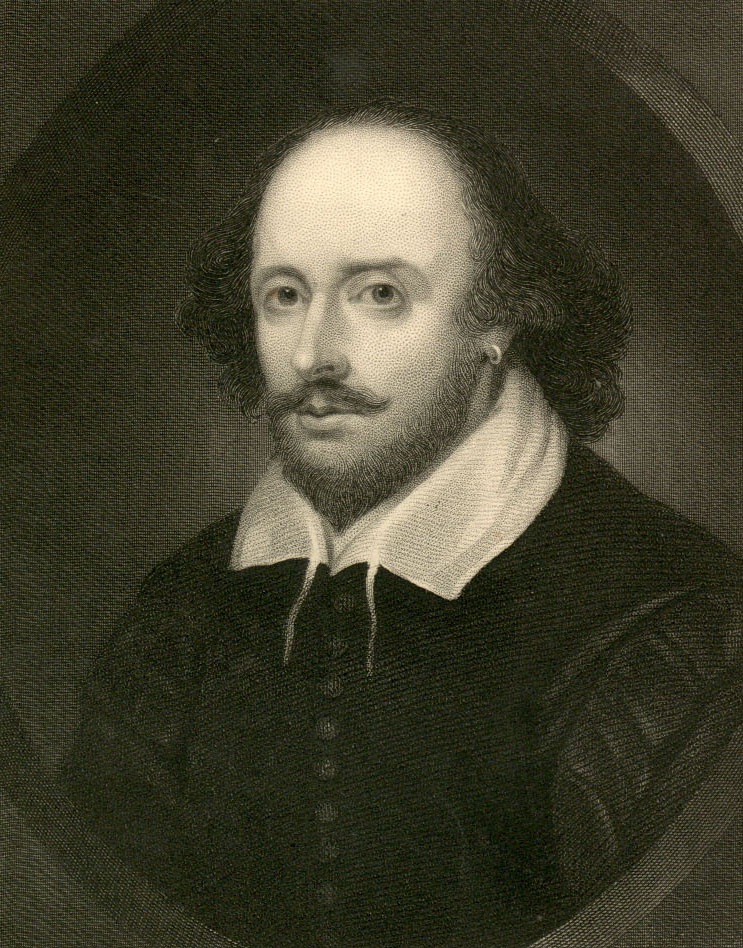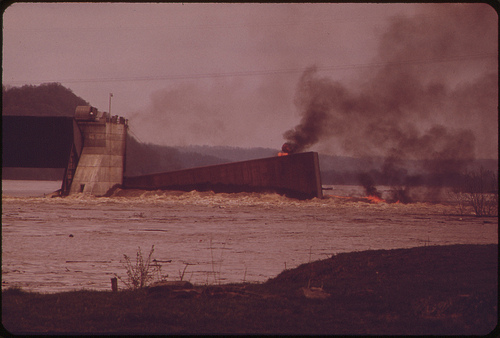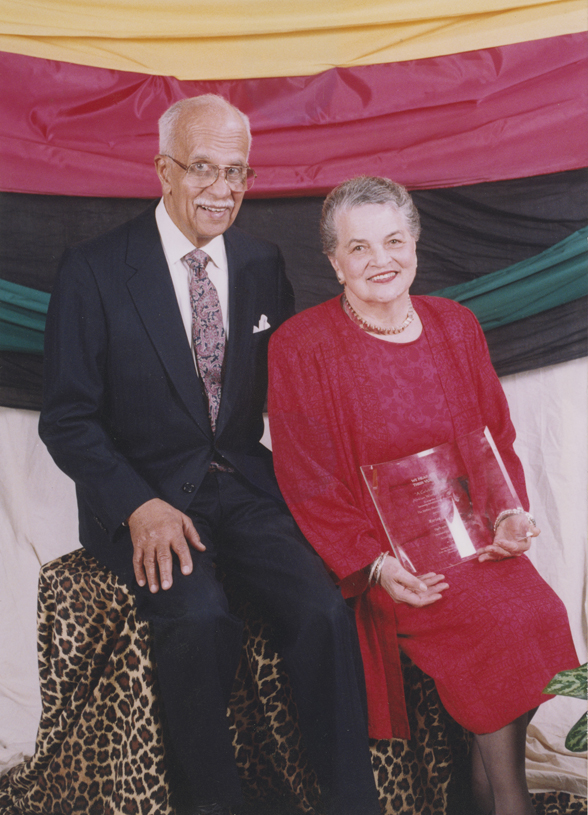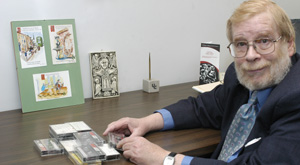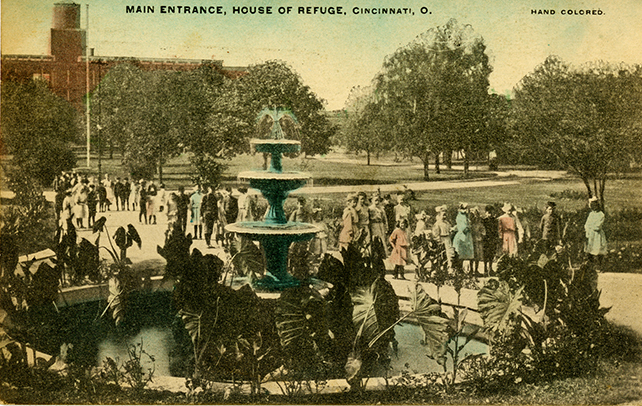 As anyone who has done historical research can tell you, locating old records is not always easy. Sometimes records simply were not kept. Other times, they were destroyed by fire, water damage, or pests. The House of Refuge records at UC is one collection in which the records are incomplete. The collection consists of five volumes and include inmate registers, employee registers, and a financial ledger. There are two volumes of inmate registers in the collection, which cover the years 1869-1882 and 1891-1902. Missing from the collection at UC are the years 1850-1869, 1883-1890, and 1902-1912.
As anyone who has done historical research can tell you, locating old records is not always easy. Sometimes records simply were not kept. Other times, they were destroyed by fire, water damage, or pests. The House of Refuge records at UC is one collection in which the records are incomplete. The collection consists of five volumes and include inmate registers, employee registers, and a financial ledger. There are two volumes of inmate registers in the collection, which cover the years 1869-1882 and 1891-1902. Missing from the collection at UC are the years 1850-1869, 1883-1890, and 1902-1912.
This fall while conducting some general research related to the House of Refuge, I started searching local libraries for items connected to the history of the House of Refuge. Through a simple catalog search, I discovered that the Public Library of Cincinnati and Hamilton County (PLCH) had three volumes of House of Refuge records! Even more exciting was how well these records complimented the collections at UC. Although registers at the University of Cincinnati list the name of the children who were admitted to the House of Refuge, their offense (or reason for being sent to the House of Refuge), and some general family information, there really is not much detail on the specifics of each child’s case or information on what happened to them after they left the House of Refuge. The records at PLCH do provide specific information on inmates’ family history, offense, and the details of their release from the House of Refuge. Continue reading



